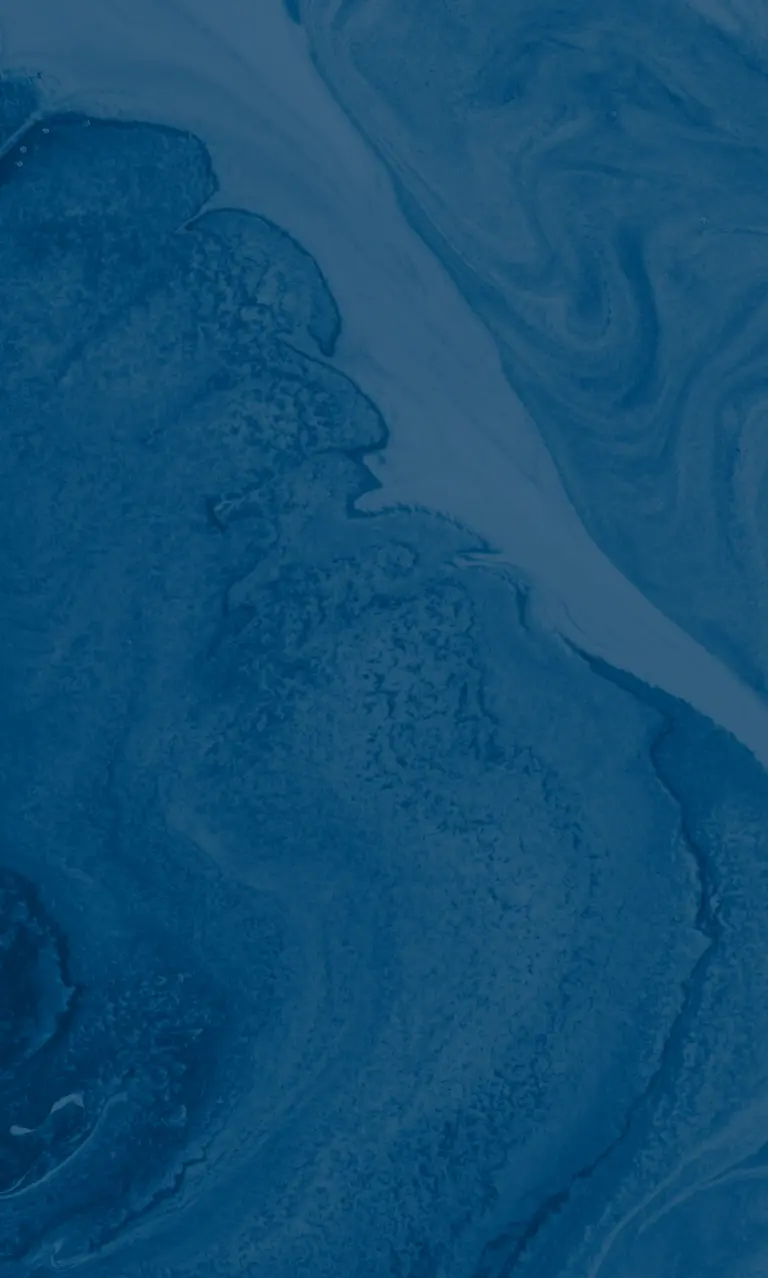Ecokelp Determining the future for Laminaria forests and seaweed harvesting
The ECOKELP project, officially recognised in September 2006, sought to understand the biodiversity dynamics in kelp forests - the demography, production and interspecific relationships.
The majority of objectives identified for the project has been achieved:
- A comparative study of the structure of food webs in Chile and Europe was carried out.
- The results have highlighted the fact that ecological and physiological responses to environmental conditions vary greatly between species and also between populations within the same species.
- Studies of species resilience to perturbations have shown that large-scale eradication of populations can lead to profound changes in associated biodiversity, which may recover in a few years. But the resilience period depends on the species and is likely to be fairly lengthy (between 5 and 10 years) for populations of Laminaria hyperborea. In contrast, the introduced species, Undaria pinnatifida, is extremely effective at recolonisation. These results have underlined the difficulty of eradicating this intriduced species once it is established.
All the results highlighted the fact that different methods of resource management must, crucially, take the marked characteristics specific to each species into account, along with the environmental conditions in which they evolve.
- The results of this economic and social evaluation of ecosystem services relating to Laminaria have demonstrated how economically important the algae are for people who exploit them in Europe and Chile.
The research results ultimately obtained will provide a decision-making tool for the future and for the exploitation of kelp forests.
• 12 masters, 7 theses, 13 publications already or shortly due in print, 45 conference papers, a brochure by Ifremer and a work in preparation on managing algal resources.
Partners
Entreprise
- Danisco, Landerneau
Centres de recherche
- Station Biologique de Roscoff, Roscoff [Porteur de projet]
- Station Marine de Wimereux
- UMR - Amure, Brest
- Université Catholique Pontificale du Chili
- Ifremer, Brest
- Université d'Algarve
Autres partenaires
- Ligue de Protection des Oiseaux (LPO), île-Grande
- Parc Naturel Marin d'Iroise
Funders
- Agence Nationale de la Recherche
